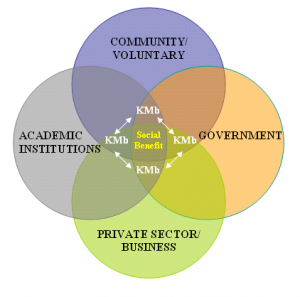CIHR Operating Grant: Sugar and Health
**Notice: Upcoming Webinar** Interested applicants are invited to participate in a webinar on this opportunity on December 2, 2016 (English 3:30-4:30 pm ET; French 2:00-3:00pm ET). To register, email inmd.comms@sickkids.ca. Only registered participants will be sent a WebEx invite prior to the webinar.
Application Deadline: January 17 2016
Funding Start Date: April 1, 2017
Grant amount: Maximum amount per grant is $150,000/year for up to 2 yrs. (Total of $300K)
How to Apply: The application is comprised of one step, “Application” and will be submitted via ResearchNet
Canadian Common CV: The application requires each participant (except collaborators) to create a CIHR Academic CV or the Knowledge User CV, as appropriate. The Nominated Principal Applicant must upload an Academic Common CV.
Objectives
The specific objectives of this funding opportunity are to support policy relevant research and generate evidence regarding:
- The unique health effects of dietary sugars, particularly sugars from different sources.
- Population level interventions to reduce free sugars consumption.
Relevant Research Areas
The CIHR Institute of Nutrition, Metabolism & Diabetes (INMD) in partnership with Health Canada will provide funding for applications that address the objectives of this funding opportunity and that are deemed relevant to the research areas described below.
Applicants are asked to align their application with only one of the following funding pools:
Sugars and Health Funding Pool
- Health impacts of free sugars in solid foods compared to beverages.
- Health effects and intermediary effects on overall diet of free sugars reduction through replacement with non-nutritive sweeteners (NNS) compared to sugars reduction without replacement of sweeteners / sweet taste.
- Effective interventions that could shift preferences for sweet taste away from high free sugars in children and youth over time.
- Health effects of shifting high sugar diets and the impact on gut microbiota and metabolomics.
Population Approaches to Reduce Free Sugar Consumption Funding Pool
- Studies on population level interventions2 to reduce free sugars consumption (for example, by influencing price, product, placement, and promotion) within overall context of healthy eating to inform what works, in what context, and differential impacts across sub-populations (studies on children and youth are particularly encouraged). Studies that consider a systems approach3 are particularly encouraged.
- Studies that demonstrate potential impact in Canada of promising free sugars policy interventions that have been implemented in other countries. This could include simulation modelling or, when possible, inter-jurisdictional comparisons of actual interventions.
- Studies on substitution effects and/or compensatory behaviour at the population level and within the food supply and overall impact on free sugars consumption and eating behaviour.
The following are not eligible for this funding opportunity:
- Studies focused solely on behaviour change at the individual level, within clinical settings and/or focused on treatment of disease.
- Basic science using animal models.
- Food science research that pertains to product reformulation.
- Systematic reviews and meta-analyses.
For complete details on this opportunity, please see the full description:






